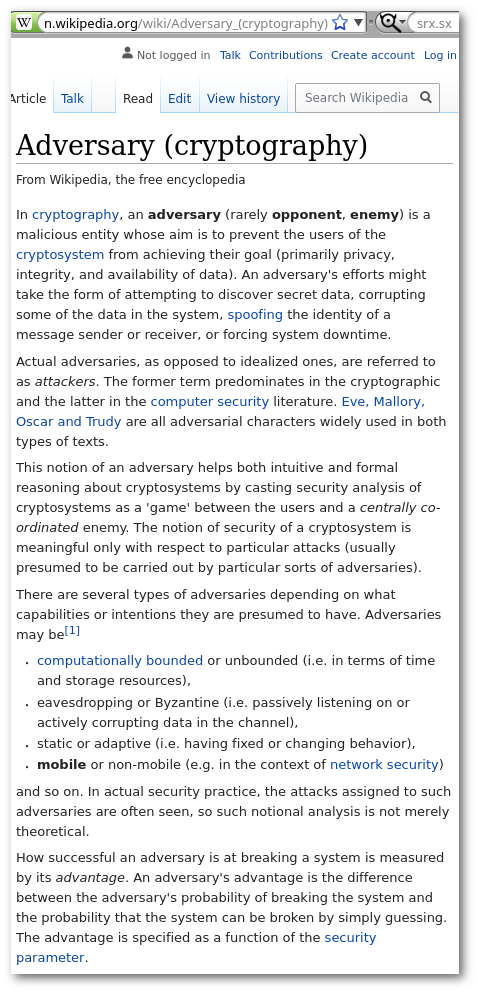

IN the context of patents we've already witnessed the ability of litigation zealots to take over patent offices, e.g. Campinos/Battistelli at EPO and Andrei Iancu at USPTO. The key step is putting someone who is hostile towards science and close to the litigation lobby in charge of the whole chain, in turn appointing people like patent trolls as deputies. This is sometimes known as "infiltration" or "entryism" (several spellings are possible for this political slang).
"My criticism was always sincere and not intended to be provocative, only reactionary. It's a reaction to the attacks on GNU/Linux and -- by extension -- on Software Freedom."Now, when it comes to large repositories like GitHub (a single point of failure to a lot of projects), you basically put a 'mole' inside the management team (like Xamarin's CEO and Mono booster), preferably one who can hook up with the chief of the above Foundation to outsource all the "Linux" stuff to the very same company that's attacking Linux. It's not too expensive to do this; it just takes a bit of time and relentless lying (provocative statements such as "Microsoft loves Linux").
This site is almost 13 years old and my personal activism in this domain predates the site. Knowing my criticism of the Novell deal (with Microsoft) and the Foundation alike, some people view me as an "enemy" not because I'm dishonest or insincere but because what I say is uncomfortable to them (or their agenda). My criticism was always sincere and not intended to be provocative, only reactionary. It's a reaction to the attacks on GNU/Linux and -- by extension -- on Software Freedom.
Earlier today I was advised by some readers to ask for Torvalds' views on the current situation. I had been in contact with him before, so I decided to drop him a few lines. The E-mail was not a 'bait' and it was definitely not hostile. "I want Linux to succeed," I told him, "and not become just a zero-cost commodity for proprietary software giants that could not care any less about Open Source."
It increasingly seems crystal clear what not only Microsoft but a cabal of large companies (including G.A.F.A.M.) have in mind. Software Freedom isn't compatible with their worldview (i.e. their business model) and they're willing to collaborate on one thing: undermining freedom.
"It increasingly seems crystal clear what not only Microsoft but a cabal of large companies (including G.A.F.A.M.) have in mind. Software Freedom isn't compatible with their worldview (i.e. their business model) and they're willing to collaborate on one thing: undermining freedom.""There are forces in this game that try to change Linux from the inside and," I've told Torvalds, "not in a good way. They try to make your job harder, knowing you have stronger grip on the project as its founder and "community darling". The media paints you rather negatively while they pass rules that disproportionately affect non-corporate participants (as part of their job they cannot say or do certain things that would get them fired, whereas community players/actors such as Con K. cannot be fired but excluded)."
I've been trying to come up with analogies for this situation; the closest I've found is borrowed from cryptography. To quote Wikipedia and alter some words (rendering it more applicable to us):
In [FOSS foundations/institutions/companies], an adversary (rarely opponent, enemy) is a malicious entity whose aim is to prevent the users of the [Commons] from achieving their goal (primarily [Freedom and collaboration]). An adversary's efforts might take the form of attempting to discover [dirt], corrupting some of the [stability] in the system, [distorting] the identity of a [group], or forcing [systemic failure].
Actual adversaries, as opposed to idealized ones, are referred to as attackers. The former term predominates [...] This notion of an adversary helps both intuitive and formal reasoning about [FOSS] by casting [...] analysis of [institutions] as a 'game' between the users and a centrally co-ordinated [saboteur]. The notion of [integrity] of a [FOSS] is meaningful only with respect to particular attacks (usually presumed to be carried out by particular sorts of adversaries).